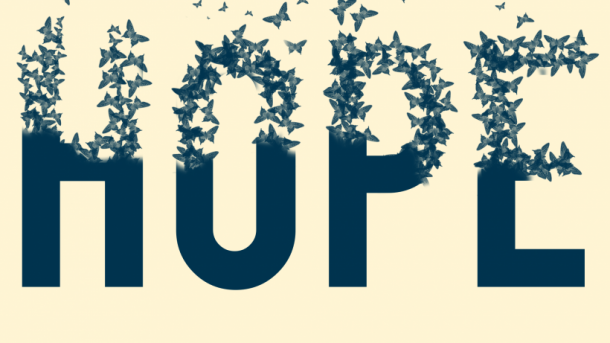Happy Moltmann Monday! Today’s excerpt comes from Theology of Hope, in a section on the resurrection (bold mine):
When the question of the reality of the resurrection is raised today, then it mostly takes the form: Is he risen?…Is he risen in the sense of a reality accessible to ‘historical science’? Is he risen in the sense of a reality belonging to the history of ideas and traditions? Is he risen in the sense of a reality that affects our own existence? Is he risen in the sense of a wishful reality of human longings and hopes?
…Hence it is not only the nature of the reality of the resurrection that stands in question, but also the reality on the basis of which the question of the reality of the resurrection is shaped, motivated and formulated.
…If the question of the reality of the resurrection is tied down, say, to the question of the relevance and significance of this piece of church teaching, or to the question of the historical probability of the fact of Jesus’ resurrection, or to the question of its real meaning for heart and conscience, or to the question of the hopes it may possibly contain, then the situation out of which the question arises and towards which it is directed is tacitly left as it was and simply taken for granted. It might well be, however, that the recognition of the reality of the resurrection calls this very situation in question.
This year, I’ve been thinking a lot about the difference between what you believe and how you believe. What do we do with the fact that many people believe in God, but do so in a way that actually harms the world? What do we do with the fact that Christianity has had bloody chapters of its history in which we were so adamant about believing in the resurrected Christ that we killed people who wouldn’t profess it? And what does it mean to be someone who is aware (and accepting of) all that we know today, while still holding onto a belief in the impossible and crazy notion of a dead man returning to life? How do I explain these things, or understand them myself, without talking about the difference between having a belief and holding a belief?
The two are miles apart. If we want to take them to extremes, we could say one is fundamentalism and the other is mysticism. And, though I’ve never been a fundamentalist, I’m fairly surprised at this stage of my life to be so adamantly in the camp of the mystics.
This is why I love this section in Theology of Hope. Moltmann will go on to say more, of course, but first, he says this very important thing: the resurrection itself calls our patterns and systems of belief into question. Perhaps the most important thing about resurrection is not that we believe it, but that we must grapple with how we believe it, and more, how we live it. It might be that the most important reality of resurrection is its ability to make us question reality itself.
It’s fitting to discuss this on the heels of Ascension, which is another belief we hold strangely. Uh, yeah, Jesus isn’t here any longer, however you want to talk about that transition…uh…. Mostly, as we discussed last night at Journey, it’s about asking “What do we do now?” The crazy guys in white and the floating upwards and all the rest, well, yes, it’s a kind of suspended belief, but it’s not really about the thing itself, after all. It’s about the practice of suspending belief. It’s about holding belief no more and no less than Jesus holds the space between earth and heaven, whatever that even means.
The point is, we don’t exactly know what it means.
We never will.
We can grow wiser, and more learned, and experience things that change us. But the kinds of beliefs and realities faith asks us to engage are so beyond the “exactness” of much of our lives that they require us to engage them on an entirely different level of knowing. It is not direct, or easily communicable. It’s often irrational. And these beliefs do that not to reject rationality, but to jar us into a different dimension of reality altogether. Because, as it turns out, only there do we encounter the fullness of resurrection, that mystic cycle of God’s re-creating work of redemption.

Add Your Voice!